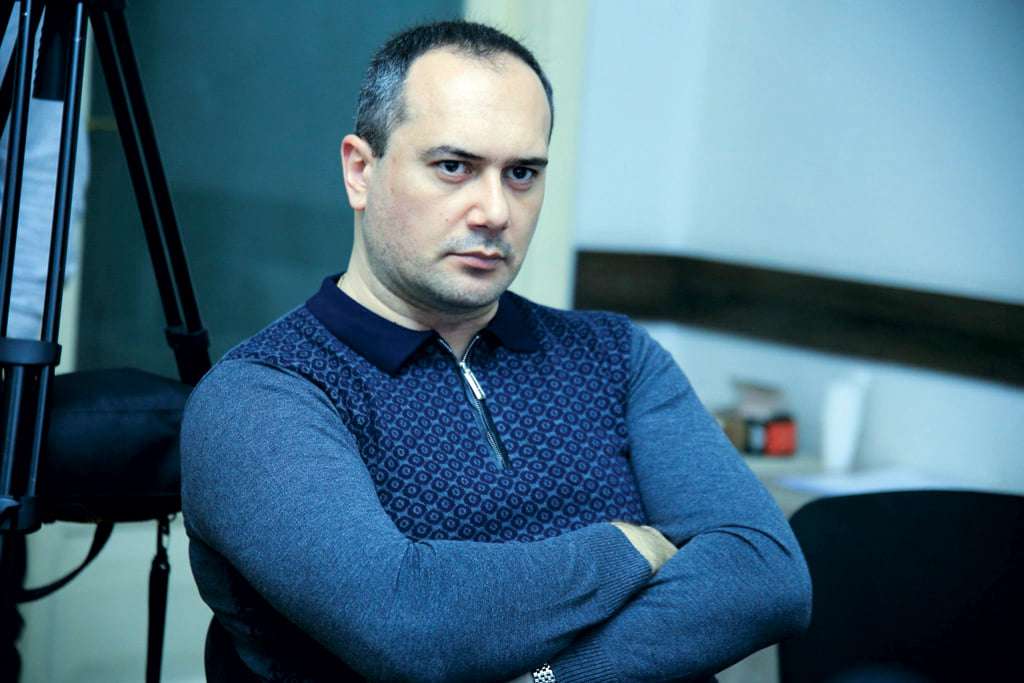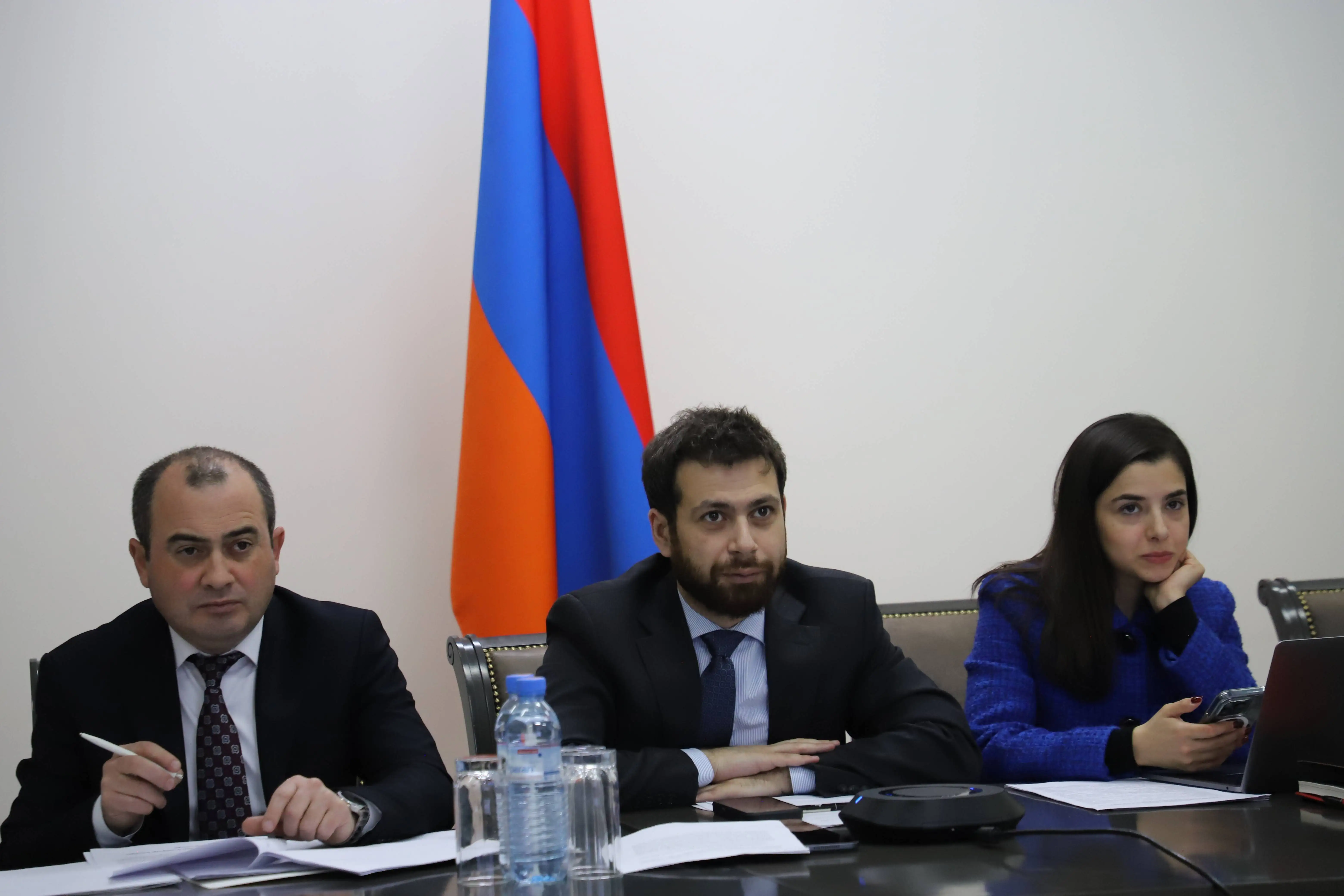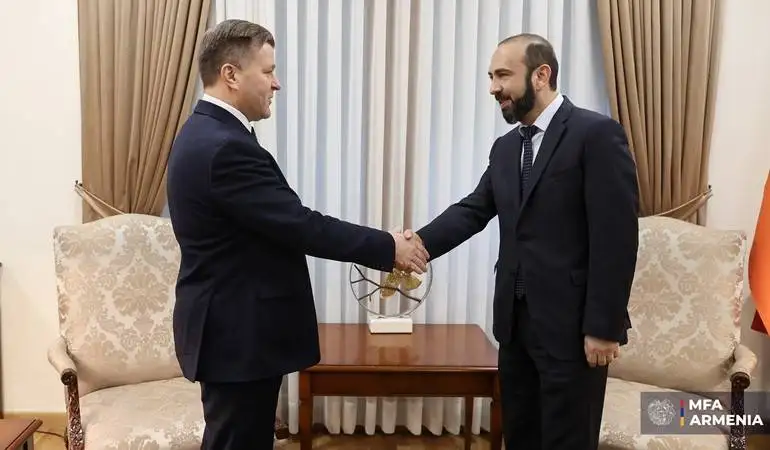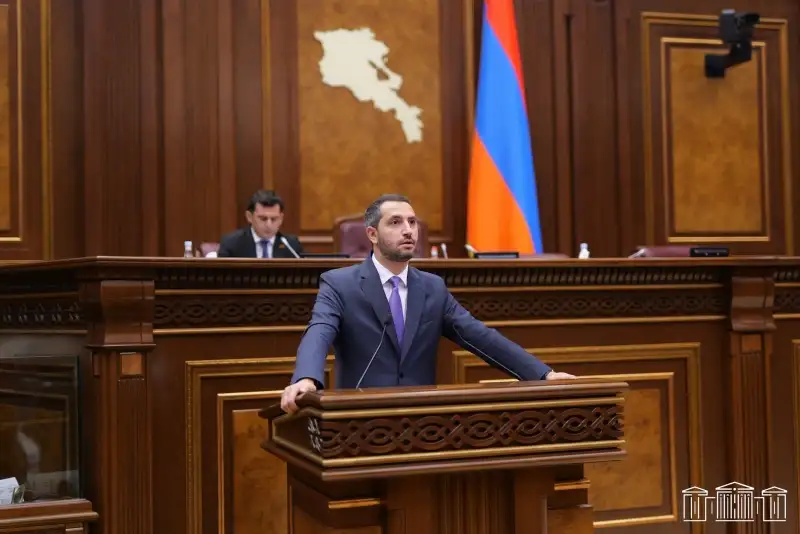The interlocutor of Radar Armenia is Armen Petrosyan, an expert on regional issues and an orientalist.
- Chief of the General Staff of the Armed Forces of Iran, Mohamad Hossein Bagheri, during a telephone conversation with the Minister of Defense of Azerbaijan, Zakir Hasanov, called for a peaceful settlement of Armenian-Azerbaijani disagreements. Is the reaction of the Iranian side a call or a warning about red lines?
- The statement of the Chief of the General Staff of Iran, as well as the messages of several other high-ranking officials of Iran regarding regional processes, are placed in the context of the content of Iran's South Caucasus policy, which was emphasized by Iran's spiritual leader Ali Khamenei, especially in the Astana format, in the meetings with the leaders of Russia and Turkey. Changes in geopolitics and borders of states in the region are red lines for Iran. Iran will try to exclude such developments by any means and, on the other hand, calls to solve the problems arising in the region exclusively by peaceful means. Because now is a politically active period in the South Caucasus as well, and the relations between Armenia and Azerbaijan are regularly on the agenda, which are often shifted to the military level due to Azerbaijan's aggressive actions. The integrity of the sovereign territory of Armenia is violated. As well as the policy of implementing the so-called "Zangezur Corridor" Turkish-Azerbaijani project by Turkey and Azerbaijan to strengthen their presence in the South Caucasus further. In this sense, Iran has become more influential in the processes taking place in the region. Therefore, the statements and thematic discussions of the official Iranian circles regarding the South Caucasus should be considered with this logic.
- At the same time, they discussed the issue of joint military exercises at the border. What do you think this means?
- The subject of military exercises on the Iran-Azerbaijani border is essentially the proposal of the Azerbaijani side, the purpose of which is a step aimed at softening Iran's clear and sharp position about the ongoing processes in the region. Parallel to this, proposals are also made from Azerbaijan to the Iranian side. For example, proposals to implement some construction projects in the territories passed to Azerbaijani control in Artsakh or proposals for active cooperation in the political and economic spheres. Parallel to these two political directions, to soften the position of the Iranian side, Turkey and Azerbaijan are trying to largely influence Iran's work regarding the South Caucasus region, especially the "Zangezur Corridor" project, by implementing any measures in the security and defense fields.
- Under the current geopolitical realities, is Iran trying to counterbalance the influence of the USA in our region, or is it concerned about the current situation?
- Under the current geopolitical realities, Iran is trying to protect its vital interests in our region, mainly due to the unprecedented growth of the Turkish factor in the area. In other words, with the reality of a sharp change in the regional power balance. This is also due to the Ukrainian hermitage, a problematic situation created for Russia. On the other hand, such a position of Iran and the policy conducted in that context are conditioned by solving vital security and logistic problems. We know that the situation created in our region has sufficiently activated Iran's various opponents, Turkey, Azerbaijan, Israel, and the United States, which are trying to further tighten the ring around Iran in the current situation and close Iran's opportunities, both in the nuclear field, as well as in the regional and military areas. . And Iran's principled and drastic reaction is primarily aimed at protecting its vital interests.
- Can American activity in Armenia affect Iran-Armenia relations, and how?
- Undoubtedly, American activity can affect Iran-Armenia relations as a limiting factor that can prevent the deepening of relations between the two countries in certain areas. We know that the US and Iran are ideological opponents of regional issues. Indeed, the more active role of the USA, both in our region and in the sphere of Yerevan-Washington bilateral relations, has been and continues to be a limiting factor for Armenia-Iran relations.
Hayk Magoyan




















